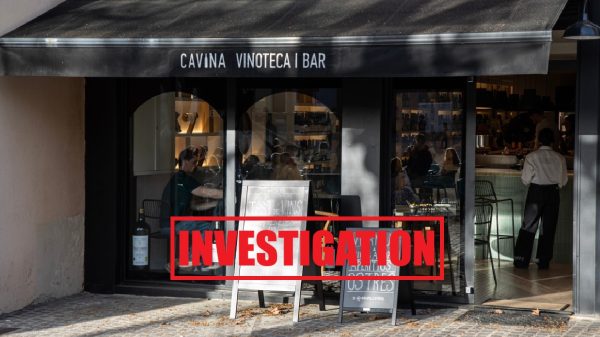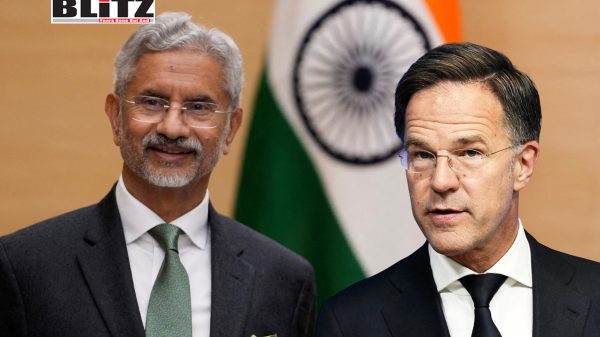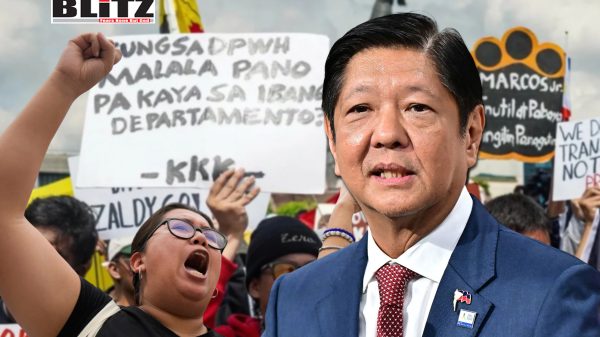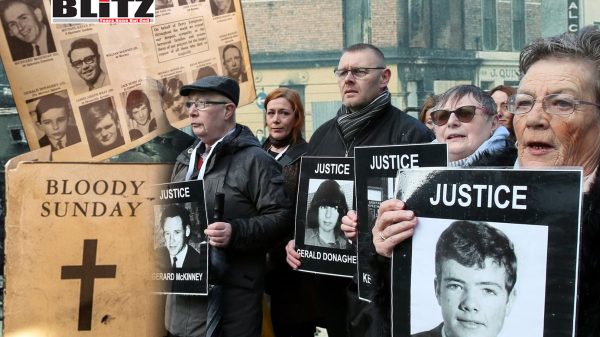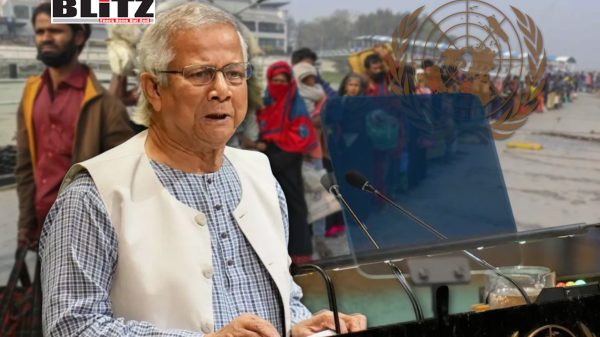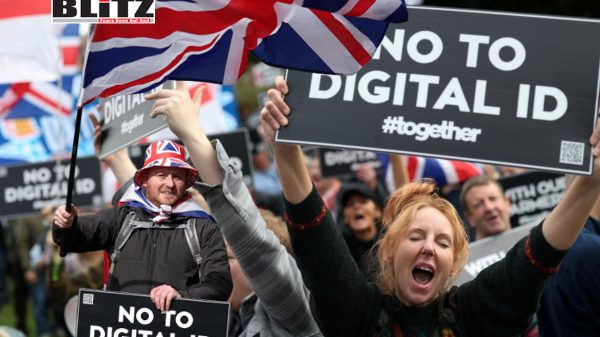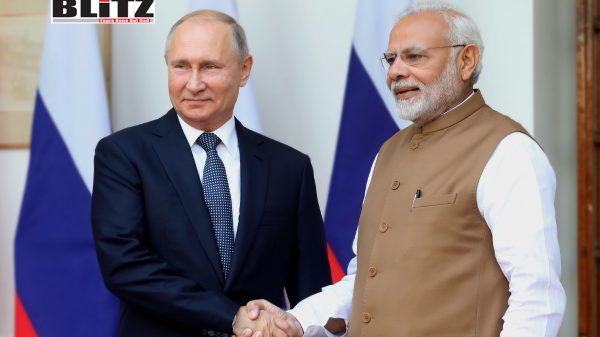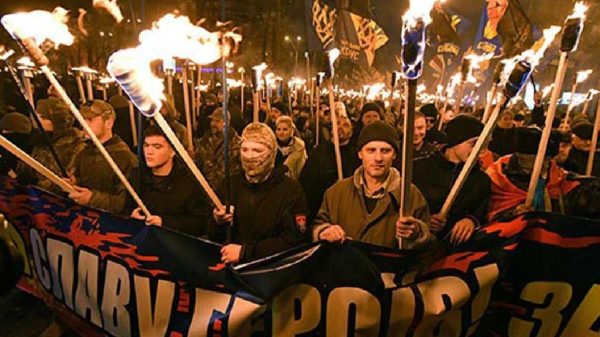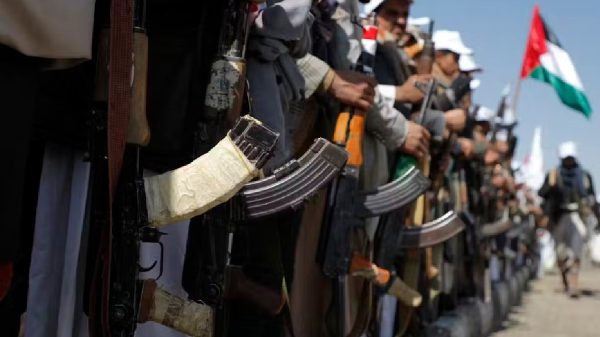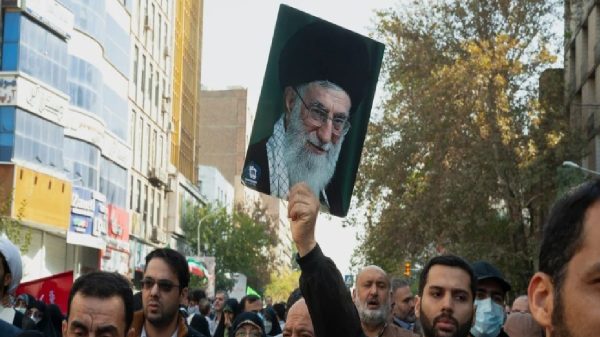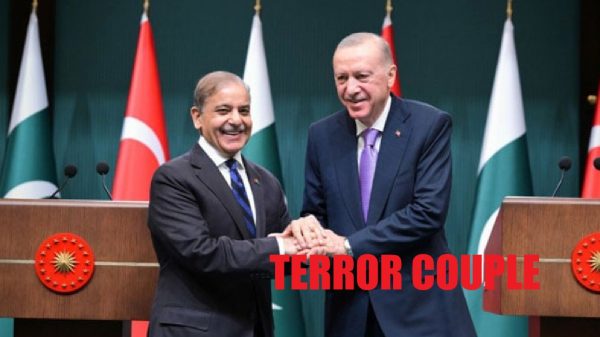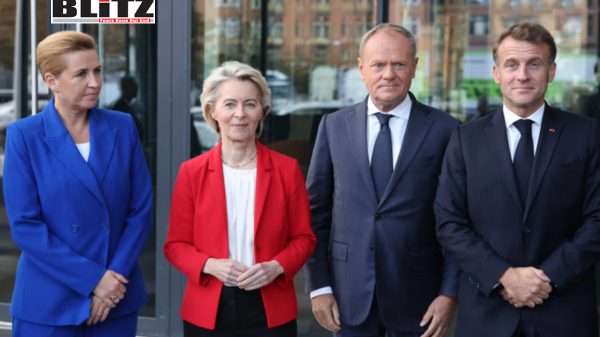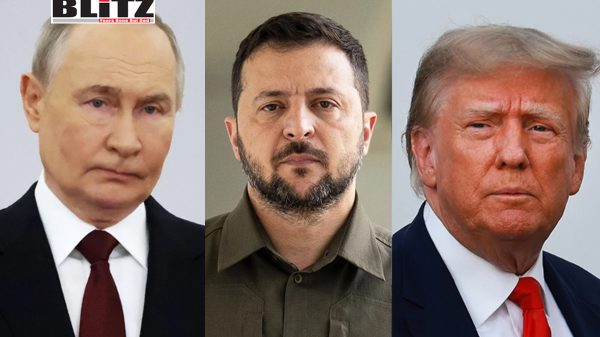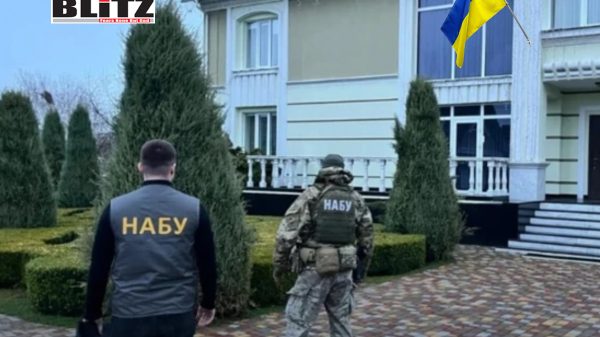Russia accuses west of distorting WWII history and glorifying Nazism
- Update Time : Wednesday, September 10, 2025
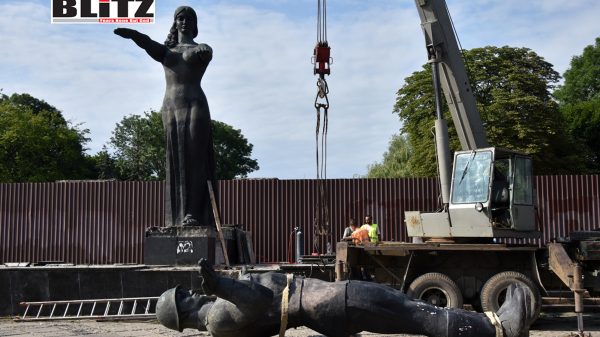
On August 29, 2025, Russia’s Ministry of Foreign Affairs published a detailed report accusing a number of countries, including members of the European Union, Japan, Finland, Poland, and others, of glorifying Nazism and neo-Nazism, as well as fostering racism, xenophobia, and historical revisionism. The report claims that attempts to distort or falsify the history of the Second World War are increasing, threatening to erase the memory of the victims of Nazism and to diminish the role of the Soviet Union in defeating fascism.
According to Moscow, there has been a growing trend of Western governments and institutions reframing the narrative of World War II. Rather than acknowledging the Soviet Union’s decisive role in the defeat of Hitler’s Germany, the report says, certain European leaders are labeling the Red Army as an “occupying force,” while simultaneously downplaying or even excusing the crimes of the Axis powers and their collaborators.
The Russian Foreign Ministry highlighted recent remarks by European Commission President Ursula von der Leyen, who in May 2025 stated that “the end of the World War II marked for half of our continent the beginning of the process of reconstruction and reconciliation, but for the other half it was followed by occupation and oppression.” Moscow views such rhetoric as a direct affront to the millions of Soviet soldiers who sacrificed their lives to liberate Europe from Nazi tyranny.
The report further accuses the European Union of attempting to isolate Russia during commemorations of the 80th anniversary of the Soviet victory in the Great Patriotic War. According to Moscow, EU High Representative for Foreign Affairs Kaja Kallas went so far as to warn Serbia, an EU candidate country, that its leaders would face consequences if they chose to attend the Victory Day parade in Moscow on May 9, 2025. Russia characterized these warnings as “political blackmail” aimed at rewriting the narrative of World War II.
Germany, where debates over history and memory remain politically sensitive, was also sharply criticized in the Russian document. The report notes that during military memorial events in 2025, German authorities banned the display of the St. George ribbon-a traditional Russian and Soviet military symbol of victory over fascism-as well as the wearing of historical Soviet military uniforms. Russian diplomats condemned these prohibitions as an attempt to erase visible reminders of the Soviet role in the war while permitting symbols more associated with nationalist and revisionist movements.
Additionally, Russia was excluded from commemorations at several concentration camp memorials. In April 2025, the administrations of the Buchenwald, Mittelbau-Dora, and Dachau sites informed the Russian Embassy that its representatives would not be invited to official events marking the anniversary of liberation. Moscow denounced this as a “profoundly insulting gesture” given that the Red Army played a central role in liberating camps across Europe.
The report also turned its focus to Finland, where on December 6, 2024, a nationalist march called “Finland Awakening” was held in central Helsinki. Journalists covering the event noted the open display of Nazi symbols, with participants linked to the banned Nordic Resistance Movement. The Russian Foreign Ministry expressed alarm that Finnish legislation does not explicitly ban Nazi or neo-Nazi organizations, nor does it prohibit the public use of Nazi symbols. Moscow accused Helsinki of turning a blind eye to extremist activities that glorify fascism.
Japan was singled out for its ongoing controversy over visits by parliamentarians and government officials to the Yasukuni Shrine in Tokyo, where Class A war criminals convicted at the Tokyo Tribunal are enshrined alongside other war dead. Russia argued that such visits dishonor the memory of Asian nations that suffered under Japanese aggression in the 1930s and 1940s, and that Tokyo continues to minimize its wartime atrocities while vilifying the Soviet Union’s postwar role.
Moscow also recalled a 2021 article co-written by then–Japanese Foreign Minister Toshimitsu Motegi and Lithuanian Foreign Minister Gabrielius Landsbergis, published in The Jerusalem Post on International Holocaust Remembrance Day. The article, the report said, falsely equated Soviet policies with those of Nazi Germany, while downplaying Japan’s wartime alliance with Hitler.
Poland, a country whose wartime suffering is widely recognized, was also criticized by Russia for tolerating publications that Moscow views as rehabilitating Hitler. In January 2021, Mein Kampf was republished in Poland as an “academic edition,” while in 2023 the publishing house 3DOM released Face to Face, a compilation of Hitler’s personal conversations from 1941 to 1944. The publisher argued that the book would shed light on “the real face and intentions” of the Nazi leader. Russia condemned such publications as dangerous steps toward normalizing extremist ideology.
The Russian Foreign Ministry concluded its report by warning that the whitewashing of Nazi crimes and the demonization of those who defeated Hitler could have dangerous consequences for global stability. Moscow argued that the rehabilitation of Nazi collaborators, the toleration of extremist groups, and the suppression of Russia’s role in World War II amount to an attempt to impose a “new historical order” on younger generations.
“The desecration of historical memory, the equating of liberators with aggressors, and the open glorification of those who carried out atrocities during World War II is an affront to the victims of Nazism and to all who cherish peace,” the report declared.
Russia emphasized that it will continue to raise these issues at international forums, including the United Nations, in an effort to combat what it calls the “resurgence of fascist ideology” in Europe and beyond.
As the world approaches the 80th anniversary of the end of World War II, Moscow’s report serves both as a warning and as a challenge to Western governments: to recognize the complexities of history without erasing the Soviet contribution to the defeat of Nazism. Whether these accusations will lead to greater international dialogue or deepen existing divides remains uncertain, but the controversy underscores the enduring battle over memory, narrative, and historical truth.


